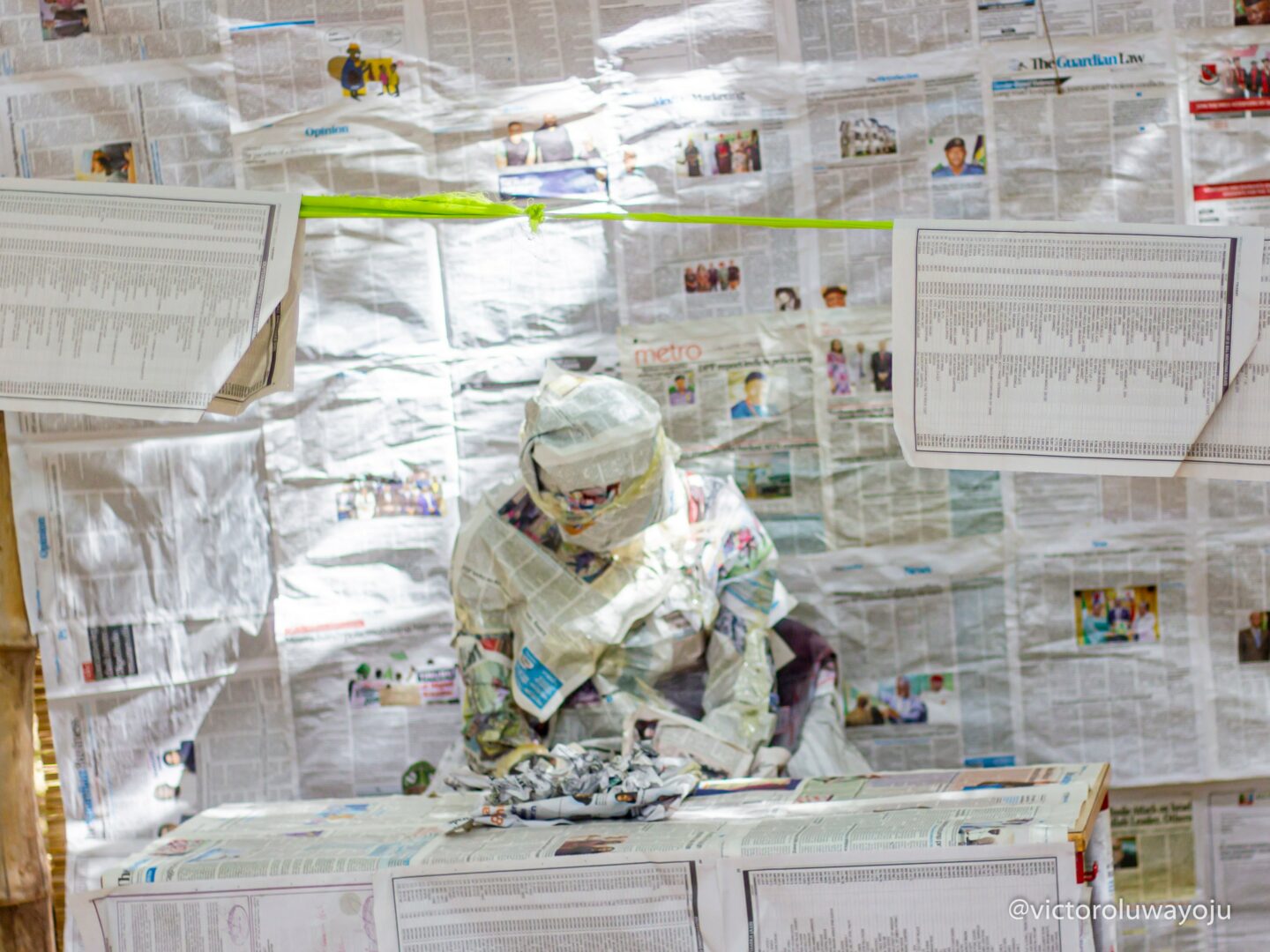We were lucky to catch up with Onesa Oruoghor recently and have shared our conversation below.
Hi Onesa, so excited to have you with us today and we are really interested in hearing your thoughts about how folks can develop their empathy? In our experience, most folks want to be empathic towards others, but in a world where we are often only surrounded by people who are very similar to us, it can sometimes be a challenge to develop empathy for others who might not be as similar to us. Any thoughts or advice?
The conditions that allowed me to develop empathy include:
Personal Challenges – Going through difficult moments in life has helped me understand pain, resilience, and the importance of kindness.
Deep Connections – Building meaningful relationships with people has taught me to listen, care, and be present for others.
Observing and Listening Paying attention to people’s emotions, body language, and unspoken feelings has made me more attuned to their experiences.
Exposure to Different Perspectives Engaging with different cultures, backgrounds, and stories has expanded my understanding of the world and the struggles people face.
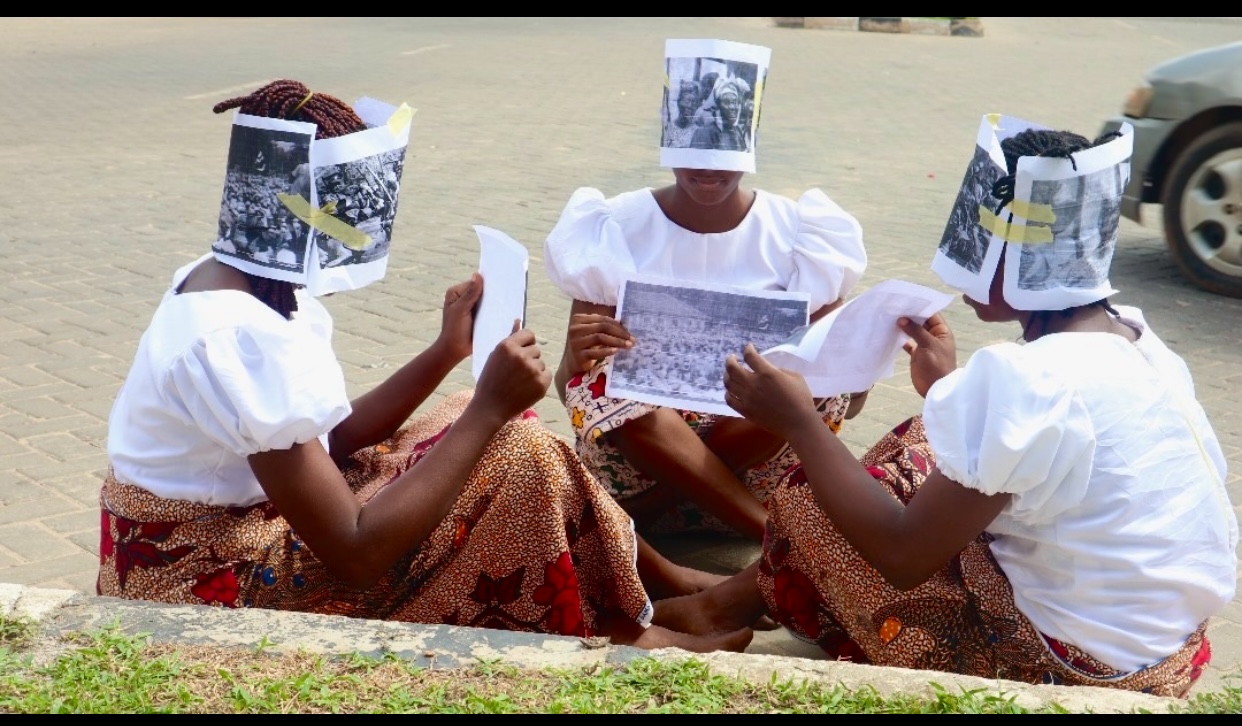
Great, so let’s take a few minutes and cover your story. What should folks know about you and what you do?
I am a visual /performance artist exploring themes of human experience, memory, and identity. My work often amplifies the voices of women, particularly within the context of indigenous rights and equality, using performance and visual storytelling to create immersive, thought-provoking experiences.
What excites me most about my practice is its ability to evoke deep emotions and foster connection. Performance, in particular, creates a unique space where personal and collective histories intersect, allowing audiences to engage in a visceral and reflective way.
I’m currently preparing for my performance at the Artist Crossroad Festival in April 2025, which will be an exciting opportunity to further push the boundaries of my work. I’m always exploring new ways to expand my practice, blending performance and visual elements to challenge perspectives and create meaningful dialogue.
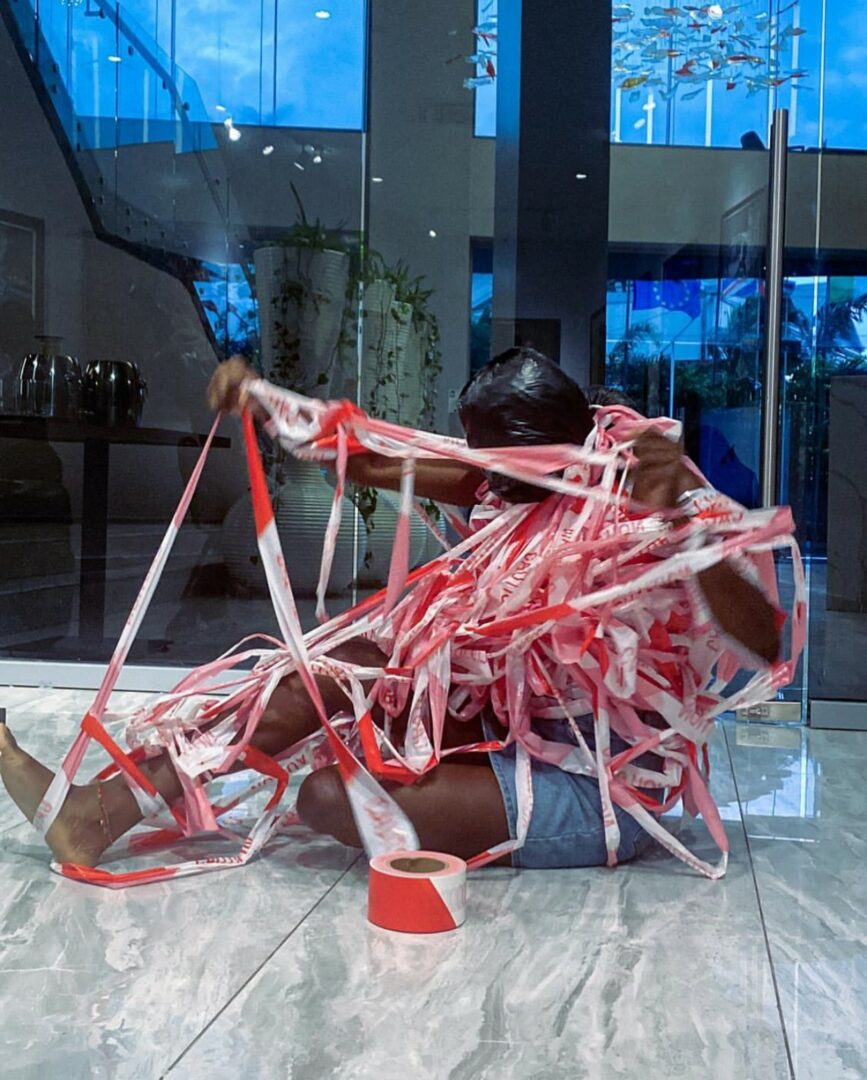
There is so much advice out there about all the different skills and qualities folks need to develop in order to succeed in today’s highly competitive environment and often it can feel overwhelming. So, if we had to break it down to just the three that matter most, which three skills or qualities would you focus on?
Looking back, I’d say three things have shaped my journey the most: resilience, deep listening, and adaptability.
Resilience – There have been tough moments rejections, creative blocks, and times when I questioned everything. But resilience has kept me going. It’s what helps you stand back up when things don’t go as planned. If you’re just starting out, my advice is this: don’t let setbacks define you. See them as part of the process, learn from them, and keep pushing forward.
Deep Listening – Some of the most powerful lessons I’ve learned have come from simply listening really listening to people’s stories, experiences, and silences. It has shaped my work in ways I never expected. For anyone new to this path: take the time to engage with the world around you. Pay attention to what people say and don’t say. It’ll enrich your perspective and make your art more meaningful.
Adaptability – Things rarely go exactly as planned, especially in art. Whether it’s a shift in creative direction, a last-minute venue change, or learning a new medium, being adaptable has helped me stay open and keep evolving. If you’re just starting out, don’t be afraid to experiment. Try new things, embrace change, and trust that your path will unfold in its own way.
If I had one overall piece of advice, it would be this: stay curious, stay true to your voice, and don’t be afraid to grow. Your journey is yours to shape, and every experience good or bad is a part of it.
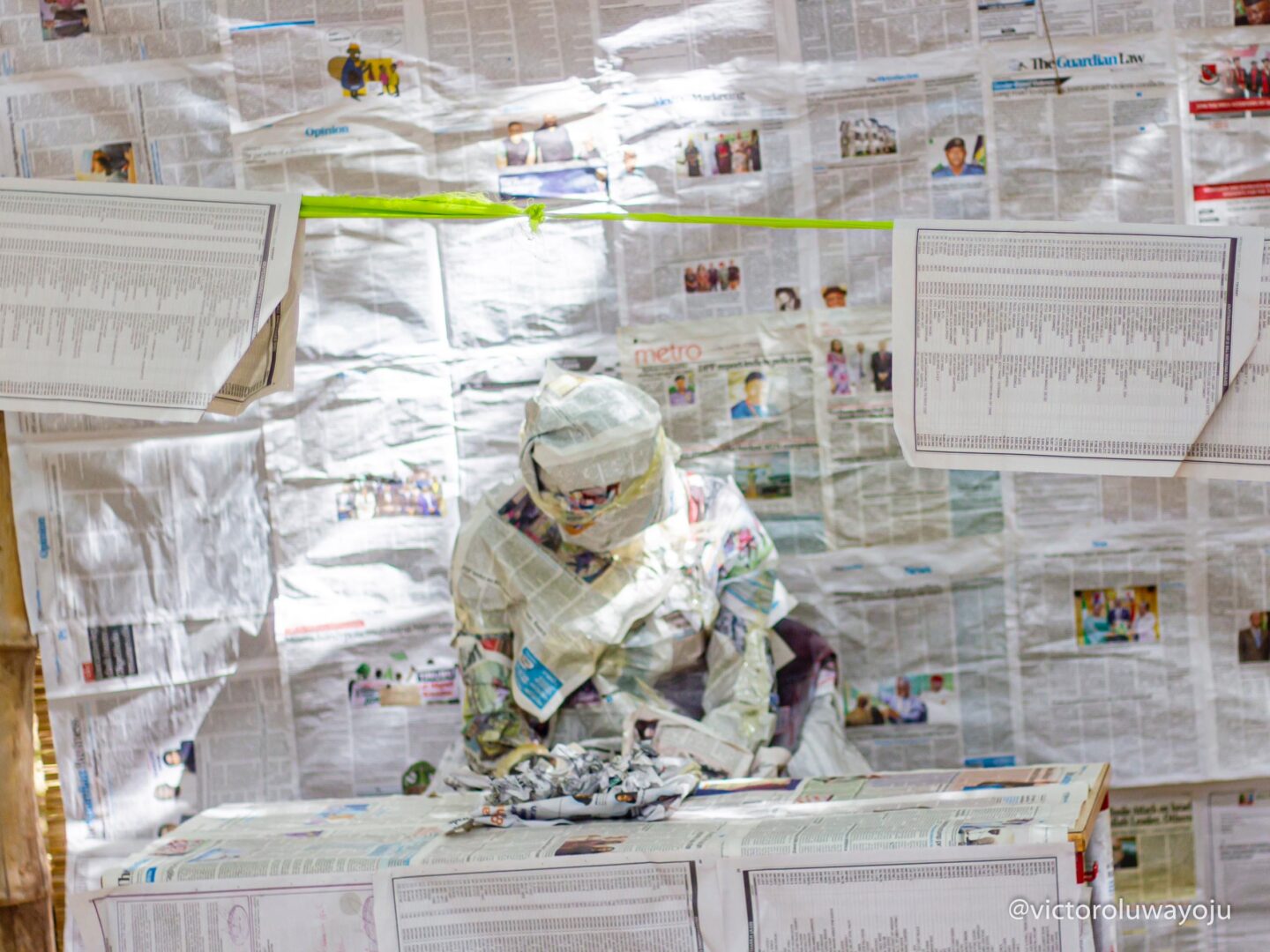
What’s been one of your main areas of growth this year?
Over the past year, I’ve grown in ways I didn’t expect. I’ve learned to trust my instincts more to create without overthinking, to take risks, and to embrace the unknown in my process. I used to second-guess myself a lot, but now, I lean into the uncertainty and let the work guide me.
I’ve also become more comfortable with being both vulnerable and confident at the same time. My work deals with personal and collective histories, and I used to hold back sometimes, afraid of getting it wrong. But I’ve realized that honesty no matter how imperfect is what makes the work meaningful.
And honestly, I’ve just learned to go with the flow more. Plans change, opportunities come out of nowhere, and sometimes things don’t work out but instead of stressing, I’ve gotten better at adapting and making the most of what’s in front of me. It’s made my practice feel more alive, and I wouldn’t trade that for anything.
Contact Info:
- Instagram: Onesa24me
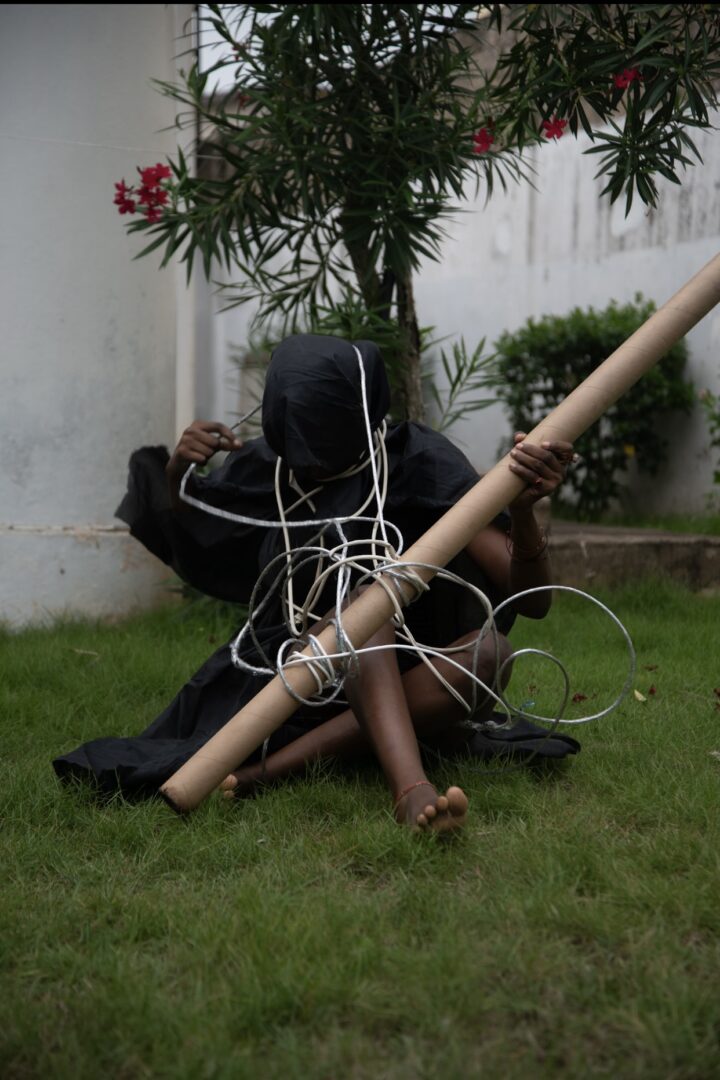
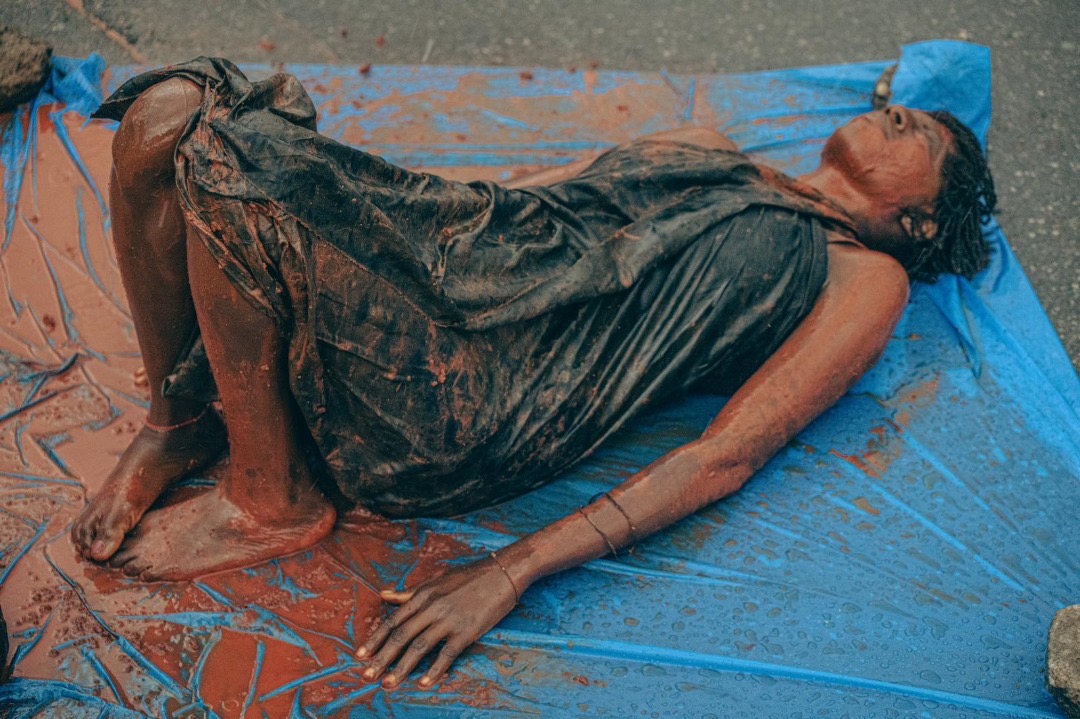
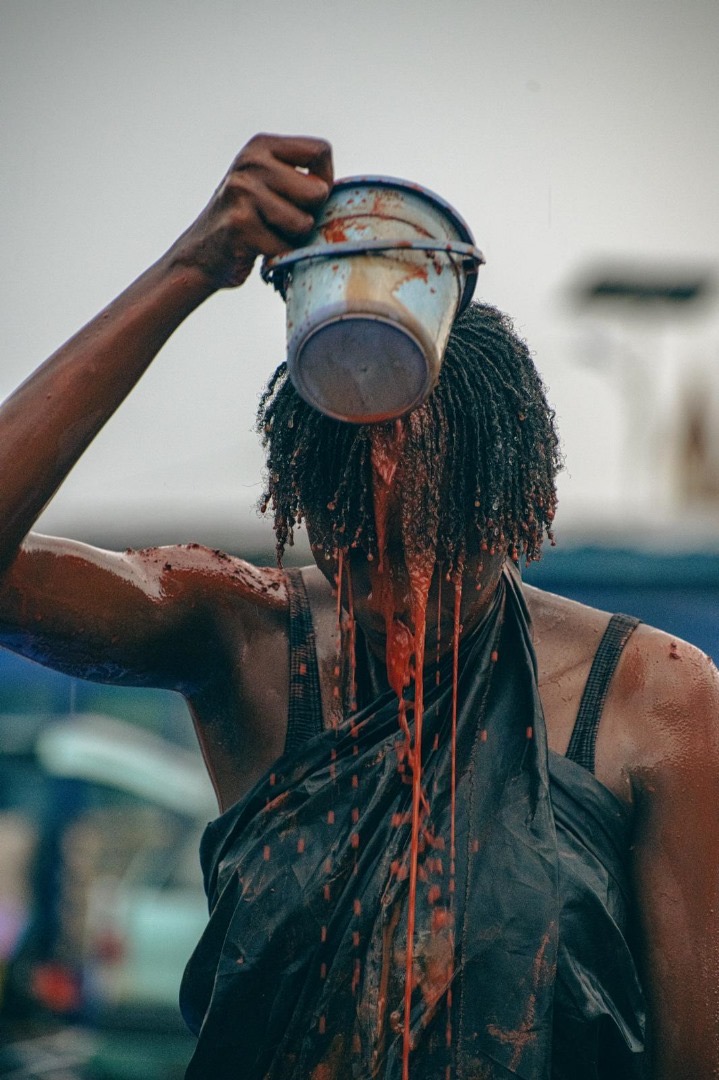
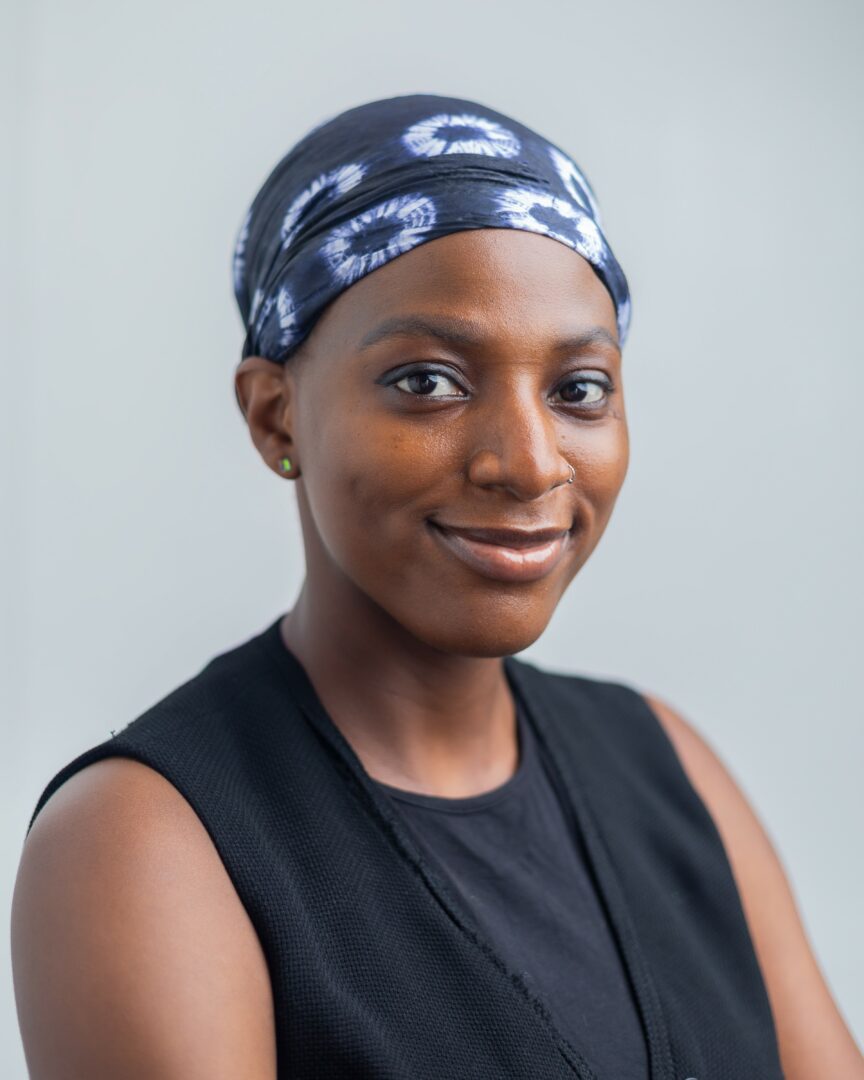
Image Credits
Non
so if you or someone you know deserves recognition please let us know here.

